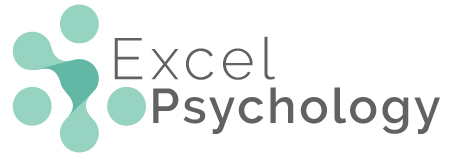Learning Disorders

What is Dyslexia?

Dyslexia can be considered a type of learning impairment often associated with deficits in decoding (or deciphering words), encoding (or spelling), and efficiently retrieving symbolic information. Individuals with dyslexia can have marked difficulty acquiring basic reading skills and effectively improving their ability to read quickly and accurately.
Is Dyslexia Recognized as a Disorder?
Psychologists and psychiatrists may not officially use the diagnostic label of dyslexia to describe an individual’s learning impairment if they subscribe to the classification system outlined in the DSM-5 (Fifth Edition of the Diagnostic and Statistical Manual of Mental Disorders). This book is considered a sort of “bible” of mental health. It defines the criteria of various mental health disorders so that providers can reliably communicate their diagnoses. Dyslexia is described in the Specific Learning Disorders section of the DSM-5, but it is not a diagnosis that can be given in this classification system.
The concept of dyslexia is still valid (as we often see its specific deficits occur together), but the aim of the current classification system is to more specifically identify the limitations caused by a learning disorder. For instance, a Specific Learning Disorder related to reading might include problems with reading accuracy, reading rate (or fluency), or reading comprehension. An individual who qualifies for a Specific Learning Disorder in reading does not have to show all of these reading problems (or problems related to other academic areas, such as spelling, for that matter).
Are Schools Required to Recognize Dyslexia?
There has been some confusion as to whether schools need to recognize dyslexia as they determine which students are eligible for special education services. Some parents may report a diagnosis of dyslexia for their child and can be wrongfully turned away by a school for eligibility testing; special education requirements for a school (be it a public school, charter school, or private school) may vary, but some school personnel may not recognize that these students can fit under the educational classification of “Specific Learning Disability” as outlined by relevant legislation (such as the Individuals with Disabilities Education Act, or IDEA). The Department of Education has clarified this problem. School personnel may not have to determine any particular medical diagnosis, but schools abiding by the commonly accepted special education rules have an obligation to identify students – including those who may report suffering from dyslexia – who meet certain educational classifications (such as a Specific Learning Disability).
Explore Related Topics:
What is a Learning Disorder?
How Can a Learning Disorder be Identified?
Request a Consultation
Pricing
Dr. Allred’s Bio
